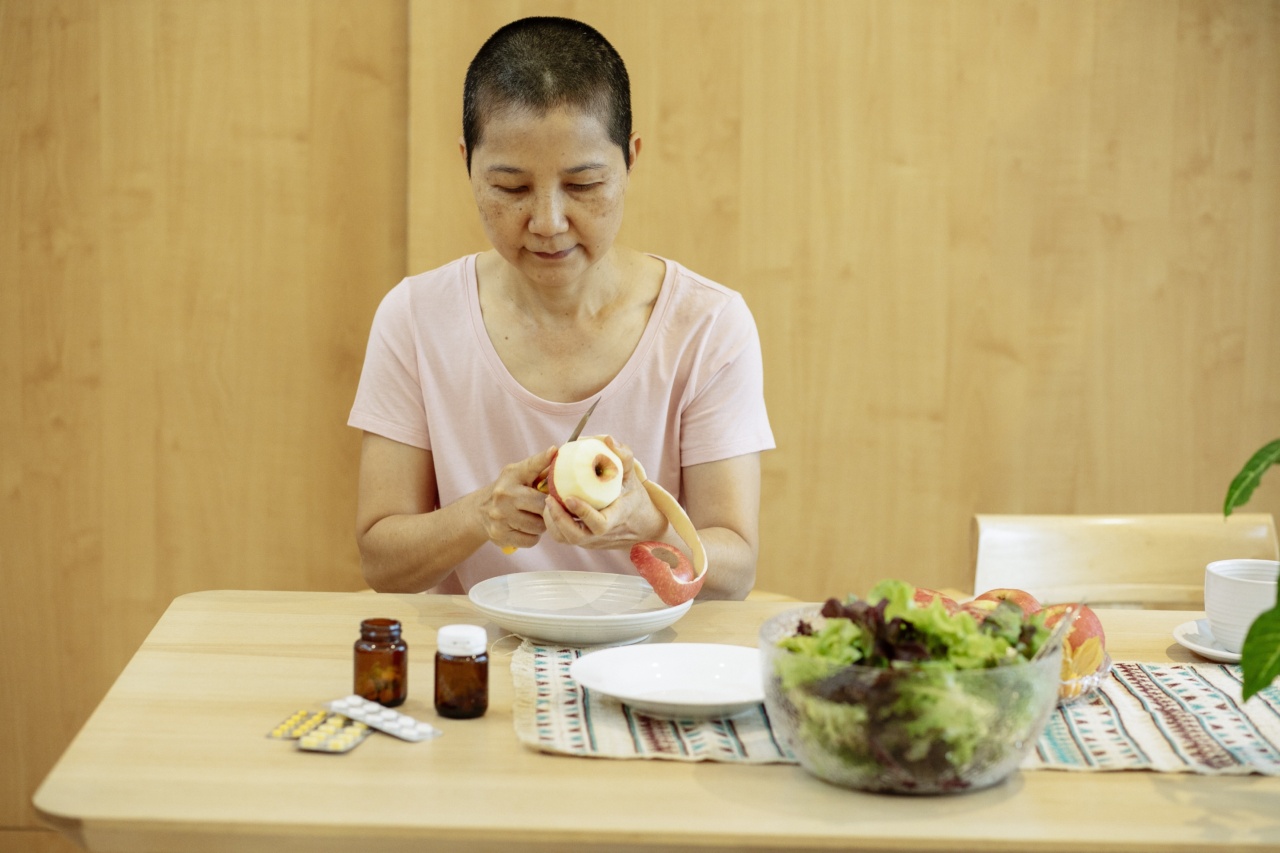Stomach cancer is a type of cancer that develops in the stomach lining. This type of cancer is often diagnosed at a late stage because of a lack of early symptoms. Gastric cancer can be treated with surgery, chemotherapy, and radiation therapy.
While traditional treatments are important, eating a healthy and nutritious diet can help boost the immune system, reduce side effects of treatment, and improve the overall quality of life for patients with stomach cancer.
Whole Grains
Whole grains, such as brown rice, oatmeal, and quinoa, are an excellent source of vitamins, minerals, and fiber. Studies have shown that consuming whole grains can help reduce the risk of developing stomach cancer.
Whole grains also help regulate blood sugar levels and lower cholesterol, which can help reduce the risk of heart disease, a common concern for cancer patients.
Fruits and Vegetables
Fruits and vegetables are rich in antioxidants, vitamins, and minerals, which can help boost the immune system and reduce inflammation. Choose a variety of colorful fruits and vegetables, such as berries, leafy greens, and citrus fruits.
These foods are also high in fiber, which can help regulate digestion, especially for those undergoing chemotherapy or radiation therapy.
Protein
Protein is essential for maintaining muscle mass and strength, which is important for cancer patients undergoing treatment. Sources of protein include lean meats, fish, beans, and tofu.
It’s important to choose lean proteins to reduce the risk of heart disease and other health complications.
Fats
Dietary fats are an important source of energy for the body, but not all fats are equal. Choose healthy fats, such as olive oil, nuts, and avocado, which are rich in monounsaturated and polyunsaturated fats.
These fats can help reduce inflammation and lower cholesterol levels.
Vitamins and Minerals
Vitamins and minerals are essential for overall health and can help improve the quality of life for cancer patients. Some important vitamins and minerals for stomach cancer patients include:.
- Vitamin B12, which is important for brain and nerve function, and can be found in animal products such as meat and dairy.
- Vitamin D, which helps the body absorb calcium and maintain bone health. Foods rich in vitamin D include fatty fish and fortified milk and cereals.
- Calcium, which is important for bone health and can be found in dairy products, leafy greens, and fortified foods such as orange juice.
- Iron, which is important for oxygen transport and can be found in lean meats, fish, and leafy greens.
Hydration
Proper hydration is important for all aspects of health, but especially important for cancer patients undergoing treatment.
It’s important to drink plenty of water and other fluids to avoid dehydration, which can cause fatigue and other health complications.
Avoid Processed Foods
During treatment, it’s important to avoid processed foods, which can be high in unhealthy fats, salt, and sugar. These foods can also reduce the body’s ability to fight off infections and illnesses.
Instead, choose whole, nutrient-dense foods, such as whole grains, fruits and vegetables, and lean proteins.
Avoid Alcohol and Tobacco
Alcohol and tobacco use can increase the risk of developing stomach cancer and can worsen symptoms and side effects during treatment.
It’s important to avoid alcohol and tobacco and to speak with a healthcare provider about strategies for quitting.
Conclusion
While a healthy diet cannot cure stomach cancer, it can help improve the quality of life for patients undergoing treatment.
A diet rich in whole grains, fruits and vegetables, lean proteins, healthy fats, and important vitamins and minerals can help boost the immune system, reduce side effects of treatment, and improve overall health and wellbeing.






























